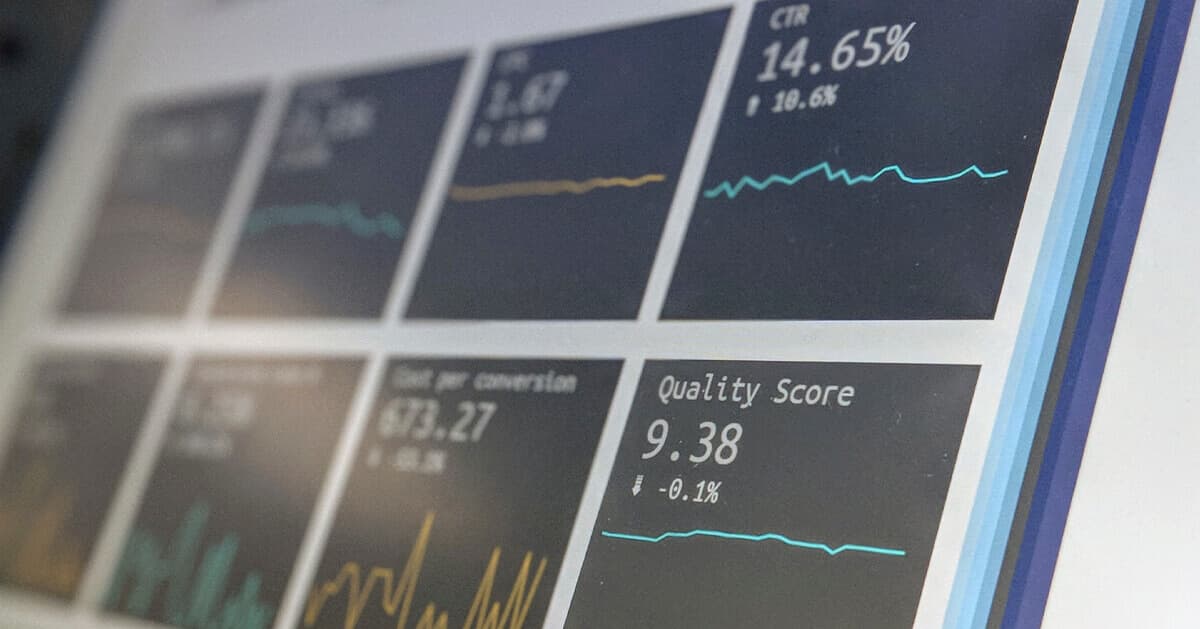Nisum EVP, Sajid Mohamedy's article, "Three Lessons For Business Leaders Heading Into 2021," was published in Forbes. Continue reading below or find it on Forbes here.

The course of 2020 was anything but expected. Even the best-laid plans that organizations made heading into the year were thrown completely off track as a pandemic swept the globe. Now, how will the volatility of 2020 and continued uncertainty surrounding the trajectory of Covid-19 impact plans for 2021?
Lesson No. 1: There is no going back to 'normal.'
Adopting a digital mindset has been key for companies working to weather the pandemic. In my experience, the faster that companies and the individuals who lead them began operating under the assumption that "going back to normal" was not going to happen any time soon, the faster they've been able to adapt to doing business in a rapidly evolving and ever-changing environment.
With so much unknown at the beginning of Covid-19, many businesses understandably opted to "wait it out" instead of making any major changes. However, a defining moment arrived when it became clear that things were changing significantly for the foreseeable future and beyond. Leaders who were able to recognize and acknowledge this early, act decisively in response and develop a digital mindset were able to better position their organizations for success.
Those who have done this successfully have, in turn, been able to focus on how their businesses can perform optimally in this new environment instead of waiting for things to go back to the way they were. For example, how can your business best enable engagement and human connection between people and groups in new ways? How can you create a strong collaboration framework and foundation based on Agile principles? Have you built strong leadership and culture by cultivating trust and confidence with employees?
Lesson No. 2: Digital commerce has arrived.
McKinsey reported that e-commerce experienced 10 years of growth in only 90 days. And while the circumstances that have led to this point may have been entirely unexpected and unprecedented, the outcomes are not necessarily so. A separate article from McKinsey points out that 92% of companies believed that their business models needed to adapt to accommodate digitization even before Covid-19.
It's clear that while business was already moving in this direction, the pandemic has significantly accelerated the digital imperative. Even today, at the beginning of 2021, the trajectory of Covid-19 is unpredictable. It is more necessary than ever for businesses to be fully operational online.
In this vein, it's also crucial to understand that your customer has not disappeared. Their needs still exist. People are still eating and buying household goods. Companies still need their suppliers in order to produce these goods. From banks to hospitals, organizations across industries are still relying on their software partners to uphold critical backend systems. Whether you're a B2B or B2C business, your customers are still there and still need to be served; they are just in a different time and place than they were a year ago.
To this end, while no business has been left completely unscathed by Covid-19, some are faring better than others. For example, right now companies with online marketplaces and platforms — or those that are engaged in them — are generally succeeding because they are best-positioned to provide for consumers in the current climate. And I'm not just talking about the Amazons of the world. Marketplaces and platforms like Etsy and Atlassian — the creator of tools like Trello and Jira — are either thriving or predicting recovery.
Lesson No. 3: Uncertainty is the only thing you can count on.
Really, the only certainty I see is how uncertain things will remain over the coming months. Contingency plans must have their own contingency plans, and the ability to be agile will be extremely important as we head into 2021 and beyond.
Fostering a lean startup mindset across an organization is key, as we've seen just how important it is for businesses to be able to pivot quickly with changing market conditions.
To begin putting this into practice, look at the entirety of your business's value and supply chains. How much modularity and ability to pivot exists within your processes? And how can technology support your ability to do these things? For example, we know that sourcing from China became a massive bottleneck nearly overnight at the outset of Covid-19 and that the fallout could continue as companies look to diversify their suppliers.
Across industries and throughout both B2B and B2C organizations, business leaders' tech stacks need to be built with scalability and elasticity in mind, so that operations can throttle up or down based on external factors and scenarios.
It's difficult to plan for the year ahead when we're still grappling with Covid-19. However, by prioritizing the systems and technology that will enable their organizations to pivot quickly, as well as cater to the evolving needs and preferences of their customers, business leaders will put their organizations in the best position possible to succeed in 2021 — and through whatever the new year may bring.



